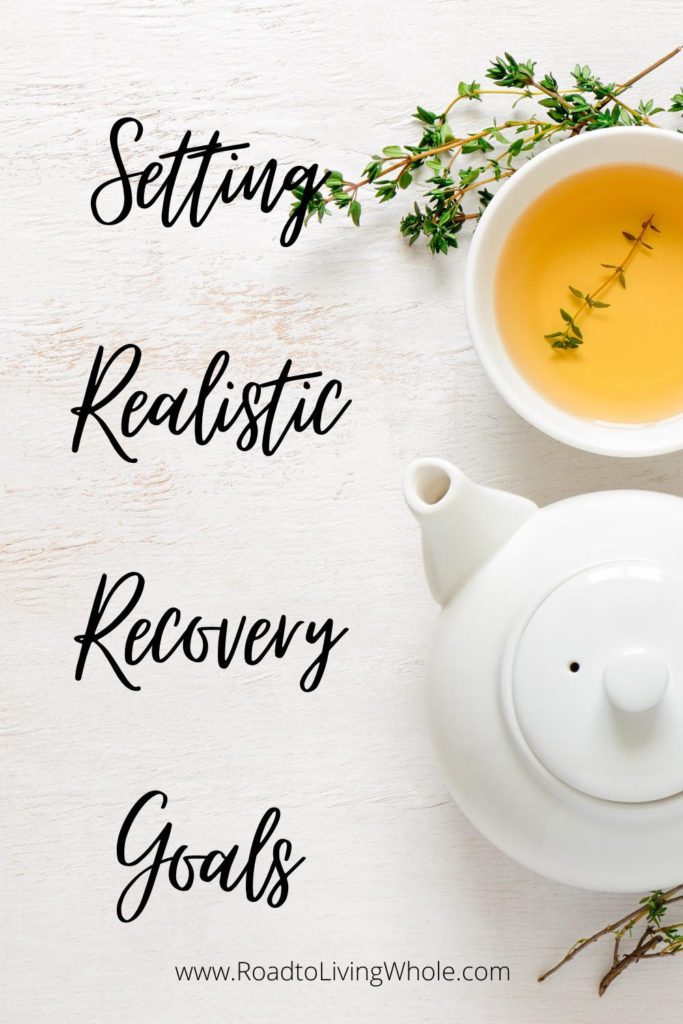Recovery from a health problem or an injury can be a long path with a number of milestones along the way. Having markers like these on the path are some turning points to look forward to, that will help you to get to where you want to be eventually. As such, they really are an essential part of recovery. But how can you face the journey when it feels so hard and get to these places of small victories?
Setting and Celebrating Milestones
Certain milestones on your recovery journey are the goals that you have set and then got to in the end. The process to get there could be anything from weight loss to eating better or quitting a bad habit, the important part is that a goal was set and then it was worked towards. You will feel like you have much more of a purpose if you have set goals for yourself, and you will feel empowered to achieve them and make a change in your life if they have come from you.
It is important to note that you can’t just set yourself any kind of goal. When there is poor goal-setting, then what you do can hinder the process of achieving them rather than help the process. You should think about different variables for any goals as you recover, making sure that they are personal to you. You might benefit from some chiropractic and massage therapy, but other people may not feel it will benefit them. So don’t just choose a one-size-fits-all approach to your goal setting during this time.
Creating SMART Goals
No matter what kind of goal you choose to set yourself, it is wise if they are smart goals to follow. Using the letters of smart, your goals should be specific, measurable, attainable, realistic, and timely.
- Specific: it can be easy to just set a goal of ‘being healthy,’ but what does that actually mean? Be specific with yourself. For example, being healthy could be lowering your BMI or having a certain hip to waist ratio which could be achieved through weight loss.
- Measurable: you need to know what you are looking at when it comes to your goals. Getting fitter is a good goal to have, but what will that look like to you?
- Attainable: although you might have a long-term goal to do something, setting yourself smaller goals along the way will actually make it achievable.
- Realistic: if you set goals for yourself that are really far-off and hard to achieve, then it is much more likely that it will lead to failure, hindering you in the long-term.
- Timely: think about the timeline that you are going to give yourself for these goals. Do you want to achieve them in a month or longer? When you know the timeline that you are working towards, it will be much easier to make a plan to help you to achieve them.
Allow yourself some flexibility when it comes to your goals, but be as specific as you can, and it will help you to get to where you want to be in your recovery journey.
Image from Pixabay – creative commons license









